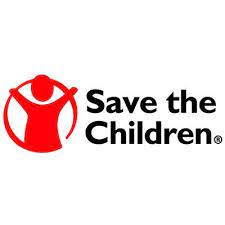GOMA, 13 JUNE 2023 – At least 46 civilians, including 23 children, were killed in an attack on a camp for displaced people in Ituri province in northeastern Democratic Republic of Congo (DRC) between Sunday night and Monday morning.
In response, Cecilia Thiam, Save the Children’s Humanitarian Director in the DRC, said:
“We are appalled and devastated by the senseless attack on a displacement camp in northeastern DRC, which claimed the lives of at least 23 children. Survivors have reported seeing bodies strewn across the camp. Child survivors, who escaped in the middle of the night in terror, will have seen things that no child should have to see. Some may have witnessed their parents, friends, and peers being killed.
“This incident is a grave reminder that children continue to bear the brunt of the conflict in northeastern DRC, with horrific violations being committed against them. Children are being killed, sexually assaulted, abducted, and forcibly recruited for use by armed groups. For the children who witnessed or were injured in this incident, their suffering may last for years.
“All parties to the conflict must ensure children are never targets – and the perpetrators of this violence must be held to account and brought to justice. Impunity for child rights violations feed into the narrative that these crimes are acceptable and can create cycles of violence.
“As the number of people injured and children separated due to these attacks continues to grow, Save the Children is calling on donors to immediately release additional funds to help survivors with urgent medical care, cooking supplies for those whose shelters were burned, and support for family tracing and reunification activities for children separated from their caregivers in the chaos.”
Over 26.4 million people are in need of humanitarian assistance in the DRC – or about one in every four people - including 14.2 million children. Conflict has been raging in parts of the country for nearly three decades, with children paying the heaviest price.
Save the Children has been present in Ituri Province – one of the country’s most impacted by conflict – since 1998 and runs a range of life-saving programs including in nutrition, hygiene and child protection. Save the Children also runs primary health care through mobile clinics and an advanced health care approach to displaced people in Lala since the last attack on the site in January 2023. Save The Children






